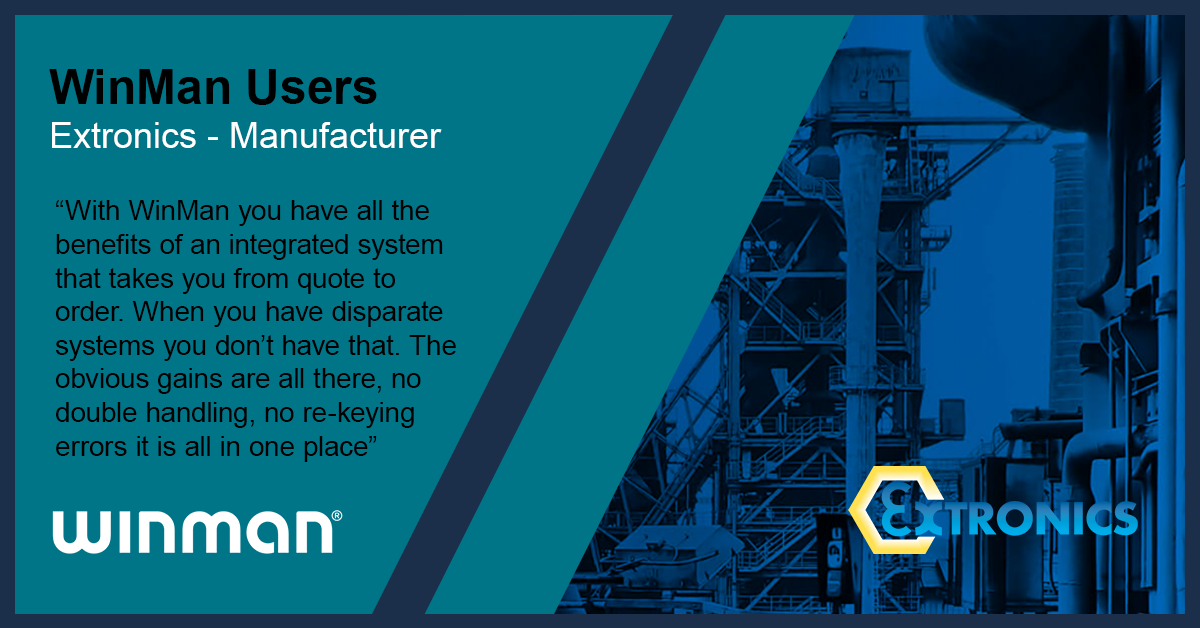Businesses often rely on a multitude of individual applications to manage various tasks and processes. However, using disconnected apps can lead to communication gaps, manual data re-entry, and inefficiencies. In this article, we will explore the benefits of adopting an all-in-one ERP (Enterprise Resource Planning) solution as a way to overcome the challenges posed by disconnected applications. By streamlining operations and enabling better connectivity, an integrated ERP system offers a more efficient and cost-effective approach to managing your business processes.
Understanding ERP Software:
ERP software is an all-in-one solution that integrates various business functions into a centralised system. It allows companies to manage core processes such as finance, human resources, supply chain, customer relationship management, and more. By providing a unified view of the entire organisation, ERP software enables seamless communication and collaboration across departments.
Here are a few of the problems faced by disconnected applications and the solutions ERP systems can provide
Lack of Integration
ERP integrates various business functions and processes into a unified system, eliminating data silos and enabling seamless coordination between departments.
Data Duplication and Errors
With an integrated ERP system, data is entered and stored only once, reducing the chances of errors and inconsistencies. It ensures data accuracy and integrity across different processes.
Limited Visibility and Reporting
ERP provides comprehensive visibility into the entire manufacturing process by centralising data. It allows businesses to generate accurate and up-to-date reports, monitor key performance indicators (KPIs), and make informed decisions.
Increased Maintenance and IT Complexity
By implementing an ERP system, businesses can reduce IT complexity as they deal with a single system instead of managing multiple applications. This leads to lower maintenance costs and the need for specialised expertise.
Inefficiency and Delays
ERP systems automate manual tasks, streamline workflows, and enable seamless data transfer between departments. This reduces inefficiencies and delays, improving overall productivity and throughput.
Difficulty in Scaling and Growth
ERP systems are designed to support business growth and scalability. They can easily accommodate changes in production volume, business expansion, or diversification, providing flexibility for future growth.
Limited Collaboration and Communication
ERP includes collaboration and communication features that facilitate seamless teamwork and knowledge sharing. It enables employees to collaborate effectively and enhances communication across departments, and locations
Lack of Quality Control
ERP offers quality control modules that help businesses enforce and maintain quality standards. They enable real-time monitoring, track non-conformances, and facilitate corrective actions, ensuring consistent product quality.
Inaccurate Financial Management
ERP integrates financial management functions, ensuring accurate tracking of costs, revenues, and expenses. It simplifies financial processes, enables timely reporting, and ensures compliance with accounting standards.
Inefficient Inventory Management
ERP systems provide robust inventory management capabilities, optimising inventory levels, demand forecasting, and order tracking. This reduces stockouts, lowers carrying costs, and enhances customer satisfaction.
Conclusion
In a world where digital connectivity is paramount, it's time to evaluate the effectiveness of relying on disconnected apps. An integrated ERP solution offers a comprehensive approach, enabling better communication, minimising data entry points, automating processes, reducing costs, and streamlining operations. If you haven't explored the benefits of an all-in-one solution yet, now is the time to assess your systems and embrace the efficiency and simplicity that an integrated ERP system can provide.




.png?width=120&height=120&name=MicrosoftTeams-image%20(4).png)


